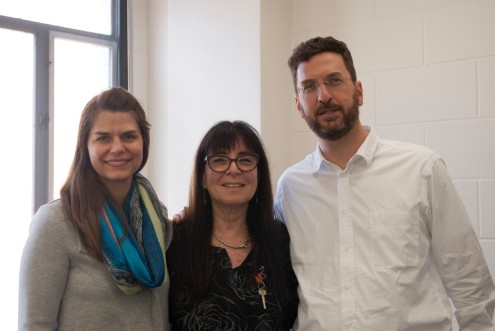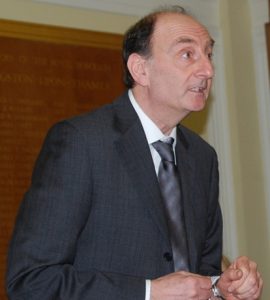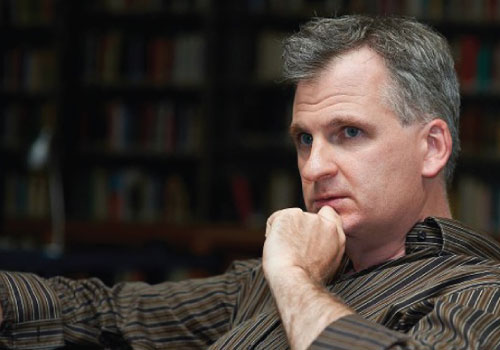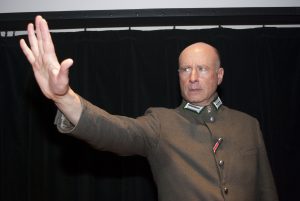Professor Méndez participated this month in the International Conference Truth, Trials and Memory. An Accounting of Transitional Justice in El Salvador and Guatemala at the University of Minnesota. After his panel on “Truth-seeking Lessons from the Guatemala Experience”, he shared more insights with Michael Soto (UMN Graduate Student, Sociology).
After more than half a century of armed conflict, Colombia is poised to transition to peace. In 2016 a peace agreement was signed with the largest rebel group, the FARC, and there are currently negotiations with the second largest group the ELN. One component of Colombia’s transitional justice program is the Special Jurisdiction for Peace, which is charged with investigating and prosecuting human rights violations. Below, is the third part of their exchange on the peace process in Colombia.





